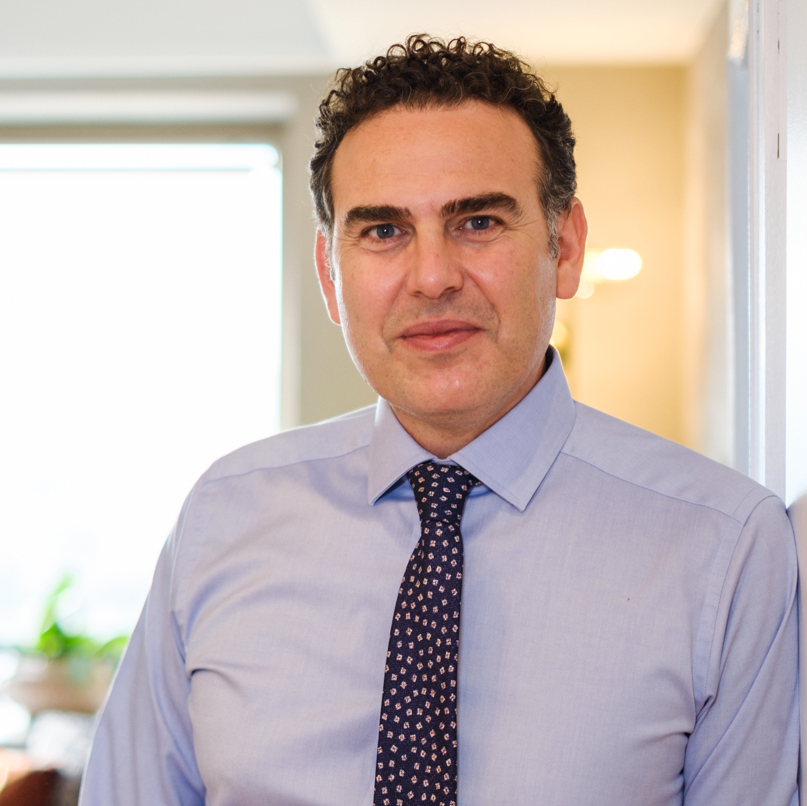Who is Op. Dr. Atilla Şengör?
Operator Doctor Atilla Şengör works as an Ear, Nose and Throat Specialist in his clinic in Etiler, especially in the fields of salivary gland stone treatment, sinusitis treatment, sinusitis surgery, postnasal drip treatment, nasal concha surgery, nasal deviation surgery, nasal spray addiction and Pediatric ENT.
Dr. Atilla Şengör has a book titled “Current Approach to Salivary Gland Ductal Pathologies – Diagnostic and Interventional Sialendoscopy” on the subject of salivary gland endoscopy (Sialendoscopy), which he has been one of the pioneers of in our country since 2004. He started working on the removal of large salivary gland stones by breaking them in the canal in 2007.
He is also the author and editor of the booklet “Necessary Information to Protect Children from Diseases”, which is a reliable source for parents in the field of Pediatric ENT. He has publications in over 30 local and foreign languages.
He is a member of the Turkish Medical Association, the Turkish Ear Nose Throat and Head and Neck Surgery Foundation, the International Sialendoscopy Society, the European Rhinology Society and the European Pediatric ENT Society. He is a member of the Cercle d’Orient. He has been actively windsurfing since the age of 15, is interested in music, reads books and collects seashells. He is married to dermatologist Dr. Betül Şengör and has 2 children.

‘Endoscopic technology allows us to directly see the findings of diseases in the field of otolaryngology. Likewise, I can see the results of the treatment I give. If I am successful in my profession; I owe this to more than 20 years of experience after specialisation, which I have gained by watching the patients one-on-one, following the current developments in my field, professional ethics and discipline, but most importantly to the love of people that fuels them.’
Op. Dr Atilla Şengör
Op. Dr Atilla Şengör
Sialendoscopic
Salivary Gland Stone Treatment
Salivary Gland Stone Treatment
To have mastered the sialendoscopy technique for salivary gland stone removal
It is necessary to have prepared the necessary equipment and infrastructure for stone crushing.
In this way, success has exceeded 90%.
Lithotripsy is required in approximately 80% of cases.










